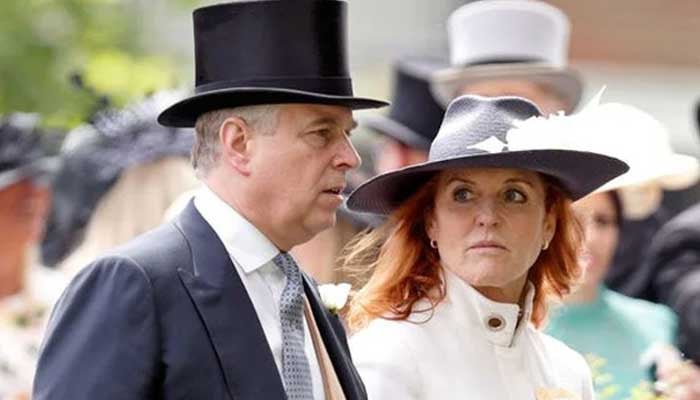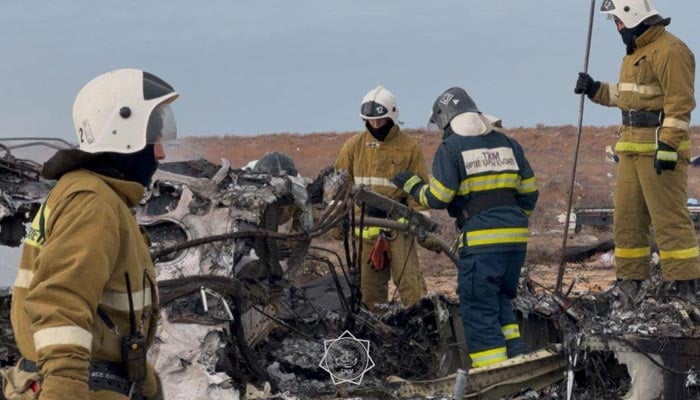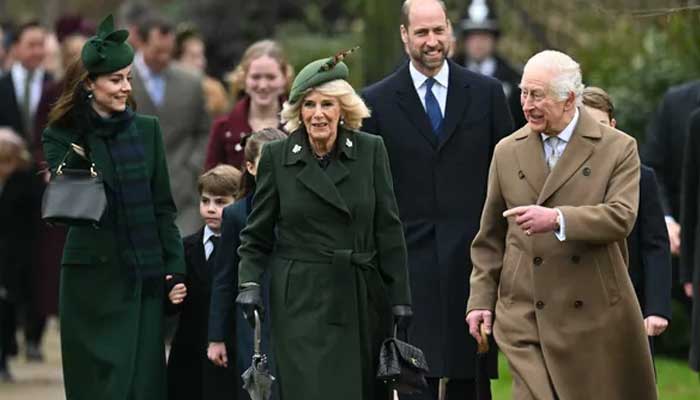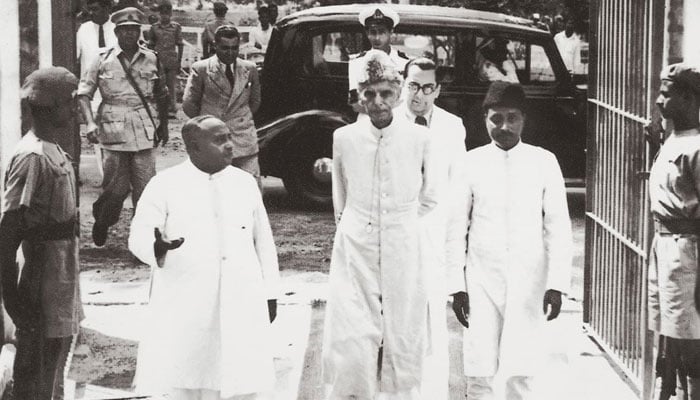Sports
Power tariff likely to rise by 26 paise per unit in December
字号+ Author:Smart News Source:Sports 2025-01-13 07:30:11 I want to comment(0)
ISLAMABAD: The National Electric Power Regulatory Authority (Nepra) on Tuesday noted that the negative fuel cost adjustment (FCA) requested by ex-Wapda distribution companies (Discos) would actually result in an average tariff increase of 26 paise per unit in December. A senior Nepra official told a public hearing that the Central Power Purchasing Agency (CPPA) sought Rs1.02 per unit negative FCA for the electricity consumed in October. However, with the current negative FCA of Rs1.28 per unit applicable in November set to expire, the replacement adjustment would effectively increase fuel costs by 26 paise per unit in December. CPPA representatives stated that the actual power supply in October was 0.03 per cent higher than the reference fuel cost adjustment and 6.8pc higher than the same month last year. This will be the fourth month in a row that FCAs remain negative, mainly because of substantial fuel allowances allowed by Nepra through a 20pc increase in base tariff effective July 1, 2024, to June 30, 2025. More than 71pc of the total power supply during the month came from domestic fuel sources, with almost half at zero fuel cost. Nepra reviews Discos’ request for Re1 per unit negative FCA The CPPA said power consumption in October was 9.98 billion units (9,981 gigawatt hours) compared to 9,253 GWh in October 2023. This apparently comes from the delayed advent of winter temperatures at about 26 degrees Celsius, almost 2.5 degrees higher than last year’s average. Another key feature appearing in the petition is about 19pc lower fuel costs in October over the same month last year, which apparently stems from a substantially higher base tariff for the current year. The power companies have claimed in their petitions that average fuel cost amounted to Rs9.25 per unit in October compared to Rs11.43 per unit of the same month last year, down 19pc. They said the power consumption was almost 7.87pc higher than last October. The CPPA had requested “a decrease of Rs1.0159 per kilowatt-hour over the reference fuel charge… of Rs10.2752 per unit”. The CPPA said power companies had charged Rs10.275 per unit in fuel cost in October, which turned out to be Rs9.259 per unit. It said the adjustment would be applied to December billing. It said that about 10,262 GWh of electricity was generated at an estimated fuel expenditure of Rs93bn (Rs9.059 per unit) in October, of which 9,981 GWh energy was delivered to Discos for Rs92.4bn (at Rs9.26 per unit). The biggest share of total power supply came from hydroelectric power at 31pc compared to the 32.5pc share last year. Hydropower has no fuel cost. The second biggest share in the national grid came from LNG-based power at about 19.5pc, followed by local coal at 14.8pc and then nuclear at about 14.05pc. The supply from coal-based generation amounted to about 24pc of the total grid supply, up from 19.3pc last month. Of this, the generation of local coal increased to 14.8pc against 10.1pc last month, while the share of imported coal dropped to 8.8pc, which was 9.2pc last month. This was followed by an 8pc contribution from local gas. LNG-based in October stood at Rs22.64 per unit, followed by Rs16.9 per unit from imported coal and Rs11.18 per unit from local coal. Furnace oil-based generation cost came in at Rs29.14 per unit, but its contribution was just 0.02pc in the overall power supply. On the other hand, the cost of local gas-based generation stood at Rs14.25 per unit and nuclear fuel cost amounted to Rs1.51 per unit. Hydropower supply at 31pc of the total share was produced at zero cost while three renewable energy sources — wind, bagasse and solar — together contributed 3.3pc share to the grid. Wind and solar also have no fuel cost, while the cost of bagasse-based generation returned to Rs5.85 per unit from Rs12.48 per unit in September. Electricity imports from Iran had around 0.4pc contribution to the total power supply, and its per unit cost was reported at about Rs25.33 per unit. The FCA is reviewed monthly and is usually applicable for one month. If approved, the lower FCA would not apply to domestic consumers using up to 300 units per month. Under the existing tariff regime, monthly fuel cost variations are passed directly to consumers. However, quarterly adjustments for capacity charges, variable operation costs, and transmission losses are incorporated into the base tariff set by the federal government.
1.This site adheres to industry standards, and any reposted articles will clearly indicate the author and source;
 Related Articles
Related Articles-
Hamas says US ‘directly responsible’ for Gaza conflict after UN veto
2025-01-13 07:13
-
'Never seen anything like this': Elon Musk after Cybertruck blast claims life
2025-01-13 06:47
-
Another Jeju Air plane faces landing gear issue
2025-01-13 06:17
-
Republican's leadership of US House hangs by thread
2025-01-13 05:56
 User Reviews
User Reviews Recommended Reads
Recommended Reads Hot Information
Hot Information- 68 pro-Iran fighters killed in Israel strikes on Syria’s Palmyra: monitor
- Appeals court upholds verdict in Trump sexual abuse case
- 10 dead as man drives truck into New Year crowd in New Orleans
- In first for EU country, e-cigarettes banned in Belgium
- CAS Squash from 18th
- S Korean court orders arrest of suspended President Yoon
- Republican's leadership of US House hangs by thread
- US driver flying Daesh flag rams into New Orleans crowd, killing 15
- Pakistan to benefit from new ADB plan for glacier preservation
 Abont US
Abont US
Follow our WhatasApp account to stay updated with the latest exciting content













